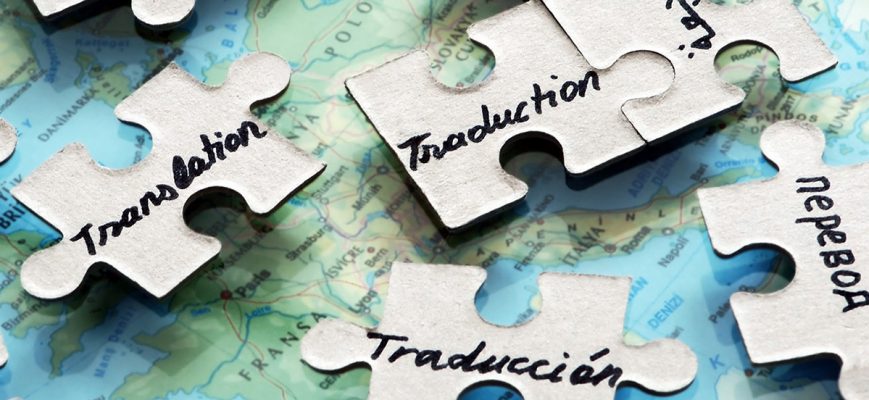What it takes to be a translator
Many people believe that it’s easy to be a translator — after all, translating is just replacing words from one language with words from the other. You just need to know two languages, and you are all set, right? Wrong. These are two of the biggest misconceptions about the translation profession. If you want to find out more about them and other misconceptions people have about translators and translating, check out our previous article.
In this article, we will take a look at what knowledge and skills are really needed to be a translator.
Advanced knowledge and understanding of two languages
‘To translate you only need to know two languages’ is a myth. However, there is a grain of truth in it: to be a translator, you, indeed, need to know at least two languages. But it is not the only thing required — more on that below. And ‘knowing a language’ well enough to be a translator is quite different from what most people need for everyday or even professional use.
Being a translator requires in-depth knowledge of both languages, your mother tongue and the foreign language. As well as an understanding of how they work and how they correlate with each other.
Translating is not just replacing words from one language with words from the other. Even closely related languages, like Italian and Spanish, for instance, are too different to do that. Languages have different word order, grammar structure, idiomatic expressions. So, a translator does not replace words — he looks for a suitable equivalent in one language to convey the meaning expressed originally in the other.
In-depth knowledge and understanding of the culture, history, economics, etc., of the countries that speak the two languages
Languages do not exist in isolation, they exist in societies. As such, languages absorb elements of culture, history, politics of these societies. Consequently, our speech is often full of cultural references. There are many cultural conventions that influence people’s speech, for instance, levels of politeness used in different situations.
For example, many Asian languages, such as Japanese or Korean, pay special attention to politeness and have complex systems of honorifics (expressions of politeness) which have no equivalent in European languages. Translating between such different languages, in either direction, requires special attention to the formality and politeness level of the situation.
Research skills and digital literacy
Human translators are still way ahead of computers, but there is one area where we have a disadvantage: unlike a computer, the human brain cannot store huge amounts of data. And even if you do have an incredible computer-like memory, in the modern world information is generated incredibly fast. There are always new words, cultural phenomena, political and economic events to learn and understand.
To counter that, a translator needs to be able to do research and to use modern technology to their advantage.
Other skills
There are quite a few other skills that a translator needs to work successfully and to produce high-quality results. Here are a few more examples:
- communication and interpersonal skills
- business and marketing skills
- customer service skills
- self-motivation and discipline
- time-management and organizational skills
- a good general level of education
Language professions
If you don’t feel like translating is for you, but are nonetheless interested in working with languages, there are many other language professions. Possible profiles include such jobs as an editor, proofreader, cultural adviser, technical literature specialist, terminologist, localization project manager, and many more.
Final thoughts
There is more to language professions that you might think. They involve lots of skills, not all of them language-related, and not all of them are about translating. Language professions are often dynamic, innovative, multicultural, and high-tech. They are also a lot of fun! Check our articles on #DiscoverTranslation to find out more. Or learn more about the European Commission’s Discover Translation campaign.

